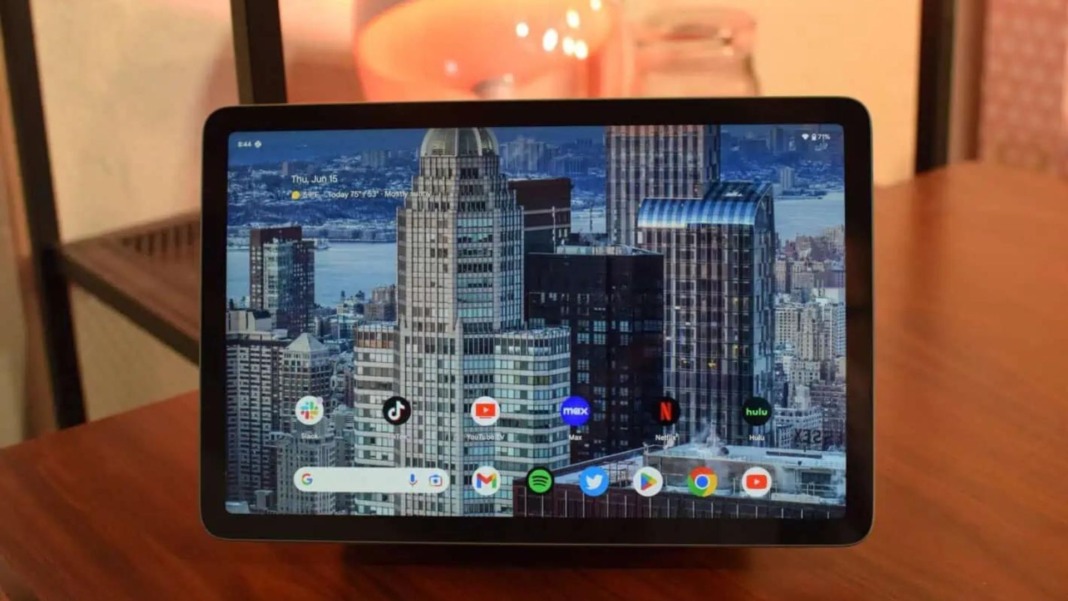Google is bringing an exciting new feature to Android tablets that will give you more control over how you use apps. This upcoming feature, known as “desktop windowing,” allows you to resize and organise your apps freely, allowing you to multitask more effectively. You’ll no longer be limited to full-screen apps, as this option will let you manage your apps in Windows, much like on a desktop computer. This new feature is available as a developer preview for those eager to try it early.
A more flexible experience for Android tablets
Currently, Android tablets default to opening apps in full-screen mode, limiting your ability to see or interact with other apps simultaneously. However, with the new desktop windowing mode, you can place apps in individual windows with controls that let you move, resize, or close them. The taskbar at the bottom of your screen will show all your running apps, so switching between tasks is easy.
The concept is similar to the Stage Manager feature found on iPads, which lets users resize and reposition apps. If you’re familiar with Samsung’s DeX mode, which has offered desktop-like multitasking for years on Galaxy phones and tablets, you’ll notice many similarities. This new move from Google brings Android tablets closer to providing a true desktop experience.
How to access desktop windowing mode
Once this feature is available to everyone, turning it on will be simple. You can activate the desktop windowing mode by pressing and holding the window handle at the top of an app’s screen. For those who use a keyboard, there’s a quicker method: press the shortcut key combination of Meta (Windows, Command, or Search), Ctrl, and Down to switch to desktop mode. To exit, you only need to close your active apps or drag the window to the top of your screen to revert back to full-screen mode.
One interesting point is that even apps designed to only work in portrait orientation will be resizeable in this mode. While this may make the layout look odd in some cases, Google is working on a solution. Future updates will scale the user interface of non-resizable apps while maintaining their aspect ratio so everything looks as it should.
What’s next for desktop windowing?
This feature is now available to developers through the latest Android 15 QPR1 Beta 2 for Pixel Tablets. It’s unclear when Google plans to roll out desktop windowing to everyone, but when it does, it promises to be a game-changer for Android tablet users. Whether this feature will also make its way to the highly anticipated Google Pixel 9 Pro Fold remains to be seen.
In the meantime, if you want to get a head start on this feature, you can try it out in the developer preview version, provided you can access the latest Android beta on your Pixel Tablet.





